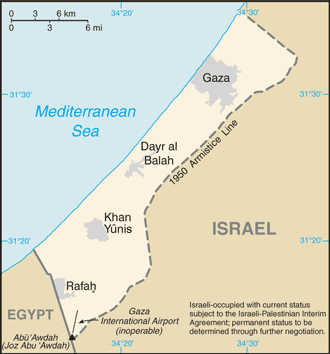When I visited the Duomo di Milano (the second largest cathedral in the world) on March 24, 2019, I stood in awe of the magnificent interior, and then scrambled around the rooftop with hundreds of other tourists.
I never imagined the possibility that Piazza del Duomo in Milan would be empty a year later, or that I would be listening to the Italian opera singer Andrea Bocelli perform inside that empty cathedral. Today I sat alone but joined more than 2.5 million people from around the world for his performance. Alone but together, I couldn’t have imagined that possibility either. A link to his performance is here. Bocelli did not accept a fee for his performance but his foundation has established a GoFundMe campaign to raise funds to purchase protective equipment for doctors and nurses here.
When I arrived in Rochester, Minnesota about 3 weeks ago to visit the orthopedic surgeon at the Mayo Clinic about a hip replacement, I was pleased when he said “yes” and not surprised when he said “but we don’t know when we can do it” because the Coronavirus put an end to all elective procedures. I’m a patient person and can certainly wait, but I couldn’t have imagined that I would be sheltering inside for weeks with my brother and his family. (He probably couldn’t imagine it either since we haven’t lived in the same house together since he was 4 years old. He’s much younger than me.)
My Baltimore friend shared a short 13 minute audio clip of a discussion about the significance of language, and especially the metaphors, that we use to describe things like the Coronavirus. President Trump and many in the U.S. talk about our “war on this virus” and we want to name and defeat this enemy. Other leaders are using very different metaphors, and a famous epidemiologist uses education metaphors. Here’s a link to that audio clip. Check it out and see what you think. I couldn’t have imagined the possibility that we might actually build bridges and conceptualize in concrete terms that “We Are One” just by changing our language. Truly a new paradigm for relating with the “other.”
And my New Mexico friend shared the joy of Easter with me today. His Argentine cactus bloomed on Good Friday. I never imagined that a cactus could produce such a beautiful flower. I can see it. I believe it. (Photo credit: David Day)
What other possibilities can’t we imagine in this world, and in our lives?
Restoring the Earth and eliminating the catastrophic damage of climate change?
Repairing the social contract between all humans who deserve shelter, food, healthcare, education, love and dignity?
Ending the Israeli occupation of Palestine and finding harmony and peace for all people in the Holy Land?
In my old age, with half a century or more of hearing the story of the resurrection of Jesus Christ on Easter Sunday, I never really believed in that possibility. It didn’t make sense and it didn’t seem particularly important to me. Today, I have a new appreciation for the possibilities that might be just on the horizon. (Thank you Grandma for sharing the Easter story every year.)













